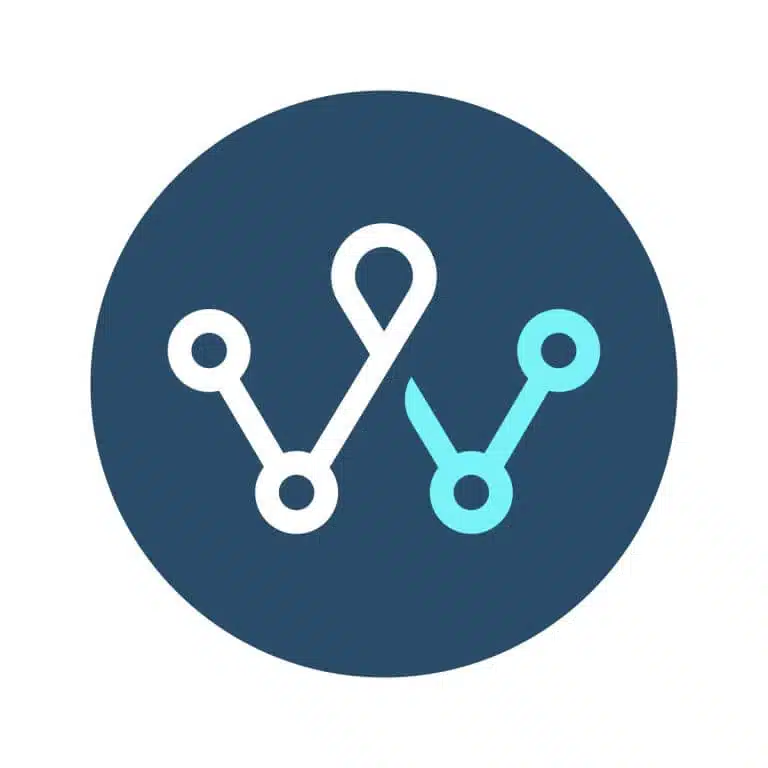Customer relationship management (CRM) is both a philosophy and a technological practice. But despite the number of CRM systems available today, some companies find it challenging to choose a solution that suits their exact needs. Instead of changing their existing workflows to fit the software, many decide to outsource CRM development.
In today’s fast-paced business world, rapid growth is commonplace. Companies must choose and implement systems that enable agility. Outsourcing CRM software services gives them access to the features and tools they need to thrive.
But aside from its many benefits, to outsource CRM development is not without risks. Let’s find out the pros and cons of CRM development outsourcing to see what’s right for you.
What is CRM Development?
CRM development is the practice of custom-designing and configuring a CRM system to suit your business needs. Since every company has different goals and ways to work, not every off-the-shelf CRM system will fit.
When an organization chooses to outsource CRM development, it generally does so because it needs a specialized solution. Custom CRM integrates with existing infrastructure and gives them a platform to advance and grow.
A company that offers specialized software development services focused on CRM development is the best option. Developers work with the company to design a CRM system that addresses present needs and provides them with room to grow.
Why You Might Want to Outsource CRM Development
Outsourcing CRM development is not a casual decision. However, it makes sense in certain situations, such as if your company is in a growth phase or expanding into new markets.
If you are using an older CRM system or manual processes to manage customer relationships, you are likely missing out on a lot of opportunities. A modern CRM boosts employee productivity and makes it easier for remote or distributed teams to work together. During the pandemic, for example, many companies sent their employees home to work, and having a reliable CRM made that possible.
Additionally, CRM software helps you visualize your customer data at a granular level. Such visibility enables fast business decisions that could make you first to market over your competitors. The better you understand your customers, the easier it is to serve them, and a CRM system makes that possible.
As for the reasons companies choose to outsource CRM development, most need a custom solution built for their specific needs. They might not have the in-house expertise to manage the process themselves. Or, if they do have a software team, they might be too busy with day-to-day concerns to finish the project in a reasonable timeframe.
Advantages of Outsourcing CRM Development
When describing the differences between an off-the-shelf CRM vs. a custom CRM solution, you might say it’s like fast fashion vs. haute couture. The off-the-rack version might look okay on the surface, but it doesn’t fit quite right. And it certainly isn’t made to last. You’ll need to have it altered so you can wear it, but it will never look the same as it would if it was made just for you—and it certainly won’t go the distance.
On the other hand, your couture piece fits like a glove. It has timeless appeal, and when you hand it off to the next generation, it will still have value. That is the essence of custom software development.
Other advantages of outsourcing CRM development include:
- Cutting-edge expertise from a diverse team of specialists who will work hard to deliver on your requirements.
- Faster time-to-value. When you work with an outsourced development team, your project will be completed and deployed with predictable timelines.
- You are not tied to a single vendor. Your CRM developer will work with you to design the right solution for your needs.
- Customer success is always the goal with custom CRM development. Your developers are with you every step of the way to ensure a successful implementation.
- Differentiate from your competitors in every way with custom-designed workflows and customer experiences that are 100% on-brand 100% of the time.
Risks of Outsourcing CRM Development
Of course, outsourcing CRM software services is not without risk. The CRM development process is complex and highly customized, which requires a lot of specialized expertise. None of this comes cheaply or easily.
- Cost concerns. The cost of specialized software development services could be prohibitive for smaller organizations, so you must look carefully at the value you expect to derive from the project vs. how much it will cost to build and implement.
- Poor planning. Additionally, if you make any errors in the ideation phase, you may end up with a product that won’t suit your needs over the long term. You’ll need to spend time to map out your workflows and work with the developer to consider what features would be best for you. If you rush through this stage, you might not end up with a usable product, which means you’ve wasted a lot of time and resources.
- Time constraints. If you’re looking to install, deploy, and hit the ground running, a custom solution might not be for you. Besides the expense and planning involved, it may take months before the CRM software is complete and implemented. You’ll need to factor in time for planning, testing, bug fixing, data migration, installation, setup, more testing, training your staff, and making the necessary adjustments. It’s a commitment for sure, and if you don’t have the time to devote to it, you won’t realize its full potential.
Bottom line—today’s businesses need CRM software. Whether or not you need custom CRM development services is a decision you’ll need to make for yourself. We hope this guide provides some insight into CRM development services and how they can benefit your company.




